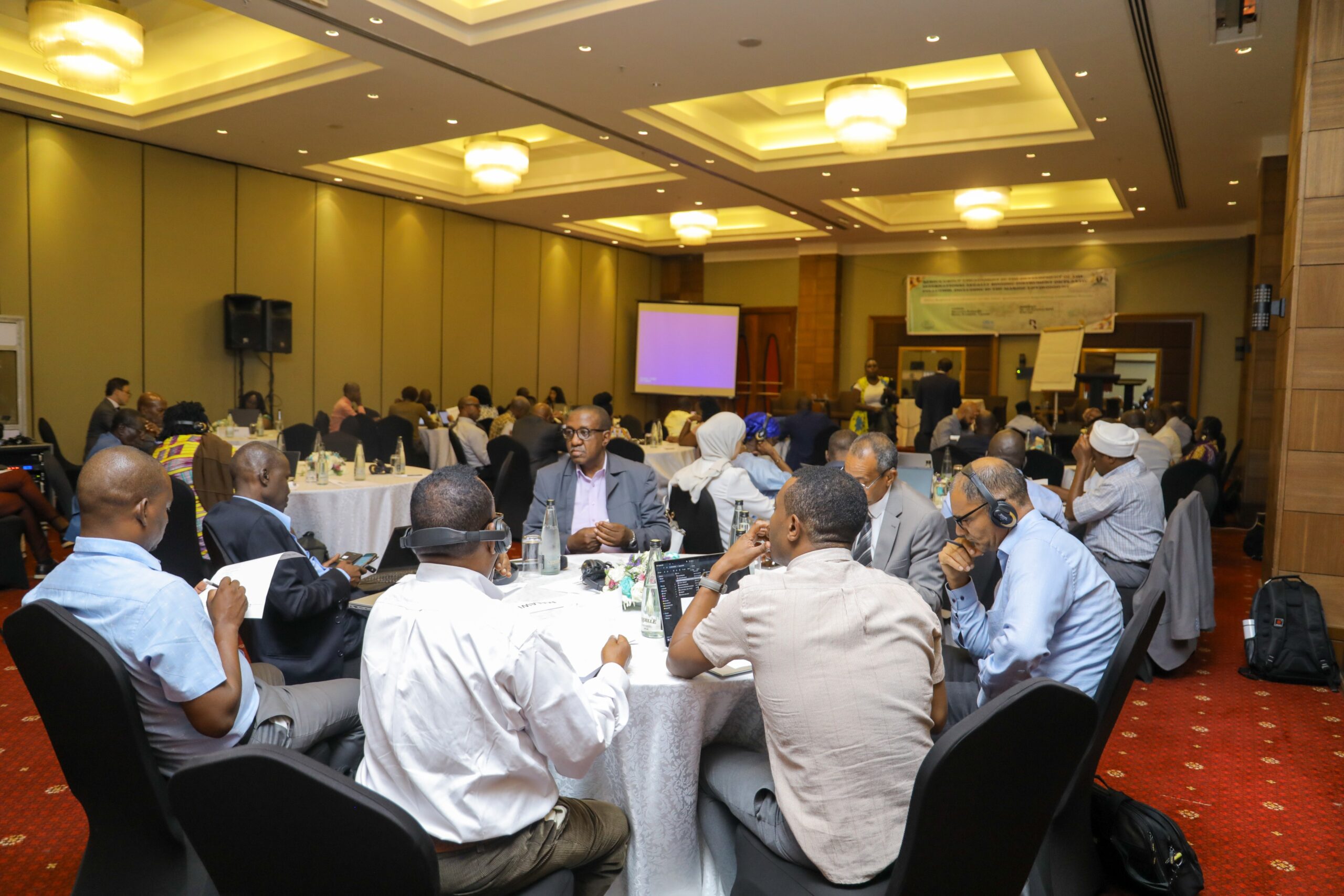Environment
African delegates seek unified voice to tackle Plastic Pollution
Historically, Africa has often united with a single voice due to its shared socio-economic circumstances. This unity is what drove the establishment of the Intergovernmental Negotiating Committee (INC), which seeks to craft a legally binding global framework to address plastic pollution, including in marine environments.
In a gathering at the Sheraton Hotel in Kampala, African leaders and negotiators are working towards forging this instrument, which will be unveiled at INC-3. Mr. Robert Wabunoha, the Regional Coordinator for Environmental Governance at UNEP, noted the challenges African delegations face due to their limited numbers, stemming from financial constraints that prevent larger teams from participating in negotiations.

Mr. Robert Wabunoha during the meeting at Sheraton Hotel, Kampala
Wabuhona stressed the necessity for African countries to collaborate, uniting as 54 nations to bolster their collective voice in international negotiations.
“Africa is at a disadvantage as its delegations are often small, consisting of just one person due to our socio-economic status. However, when these 54 countries come together, their collective voice becomes more powerful,” he stated.
He explained the importance of unity by stating that two heads are better than one, making 54 delegates more effective than one in negotiations. He pointed out that the European Union, as well as groups representing Asia, Latin America, and the Caribbean, all present a unified front in negotiations.

Some of the delegates deliberating during a break
The ongoing negotiations in Kampala aim to combat global plastic pollution. A 3rd Intergovernmental Negotiating Committee is scheduled for November in Nairobi, Kenya, where nations worldwide will gather to negotiate a binding global agreement. Each region, including Africa, is presently engaged in preparatory meetings, with the Sheraton gathering, concluding today, October 18, 2023, focused on shaping Africa’s common position for the forthcoming Nairobi negotiations.

A delegate from Gambia raises his hand to present his country’s position during plenary
According to Mr. Wabunoha, the most effective strategy for addressing global plastic pollution is to adopt a comprehensive life cycle approach, starting from the manufacturing phase to disposal. This approach involves assigning responsibilities to both traders and consumers and necessitates a variety of strategies, including developing alternatives to plastics.

Wabuhona says that consumers must be educated on recycling, reusing, or even incinerating plastics, as they continue to play a crucial role in social and economic development and employment.
In line with this, the current Kampala meeting seeks diverse approaches that align with Africa’s unique socio-economic conditions. Wabunoha adds that the primary challenge in Africa is the lack of adequate infrastructure to manage plastic pollution. He believes that resolving this issue will be a key step towards mitigating the plastic pollution problem in the continent.





























